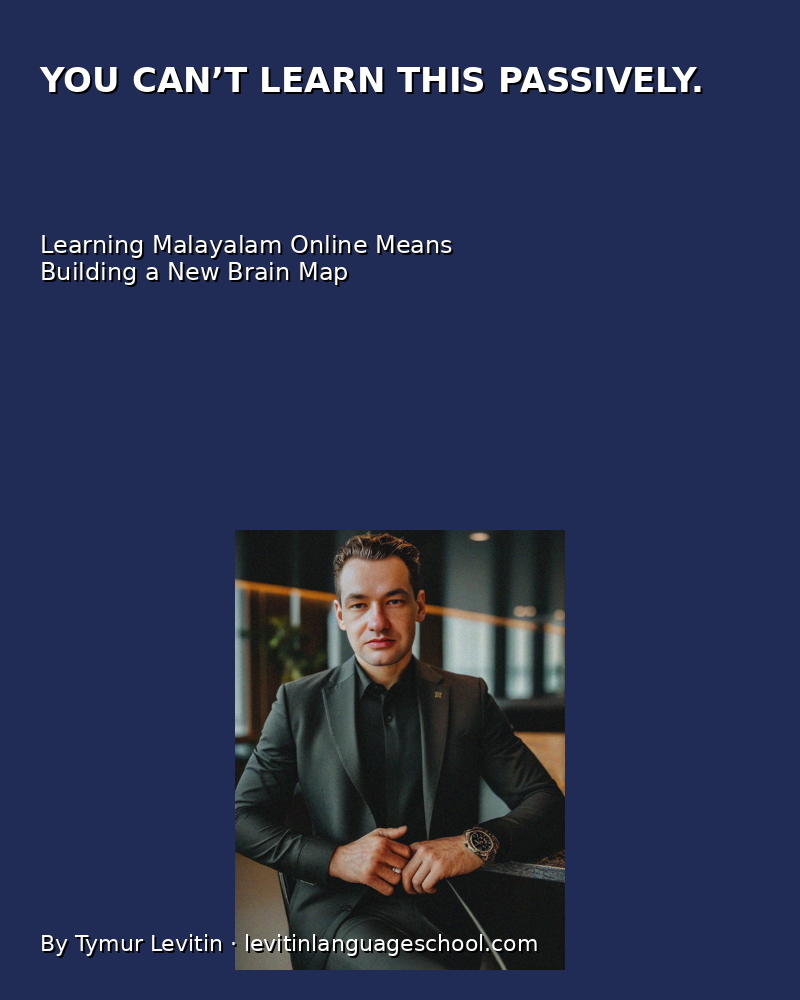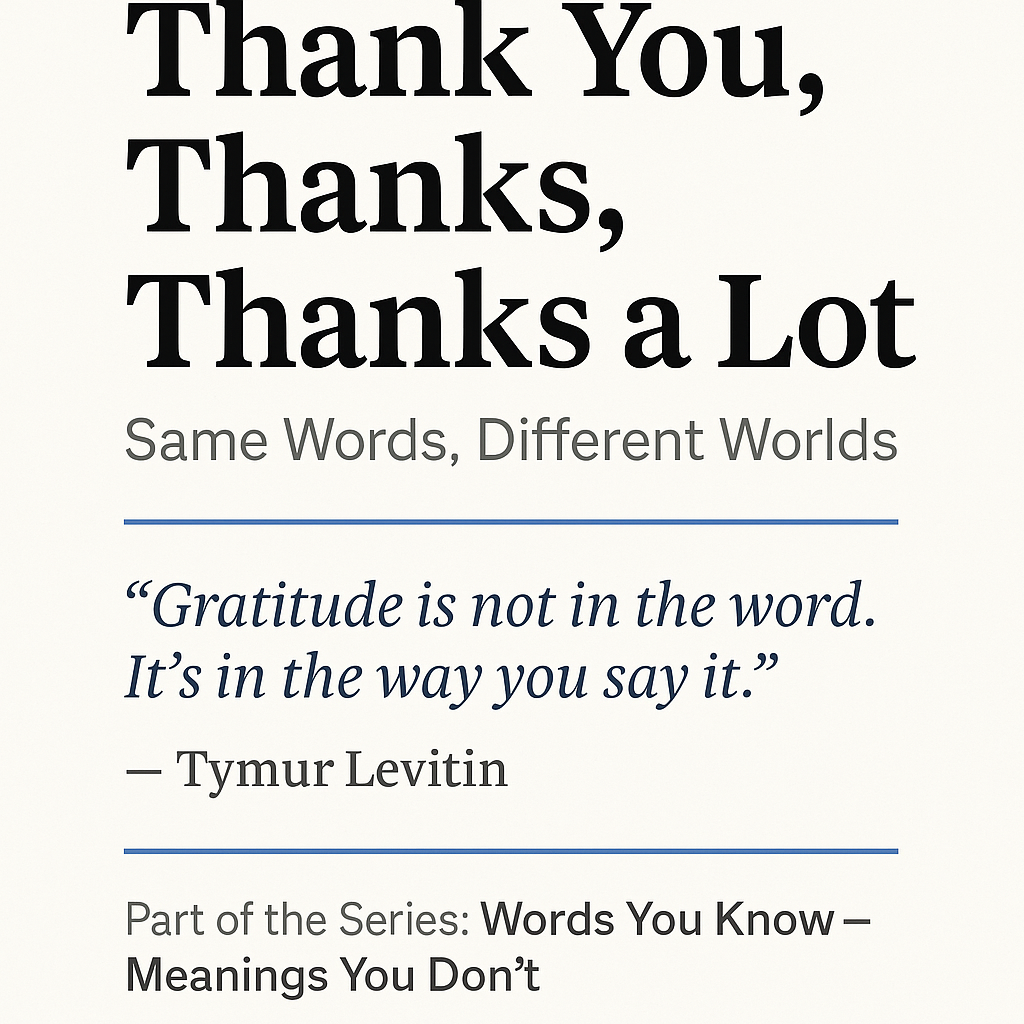Author: Tymur Levitin — Founder and Director of Levitin Language School / Start Language School by Tymur Levitin
📝 “Every language reflects a culture’s view of closeness, privacy, and connection.”
Wybierz język
➡️ https://levitinlanguageschool.com/#languages
📖 Related articles:
Why This Comparison Matters
Words like “make out,” “hook up,” or “live together” seem simple — until you try to find exact equivalents in German. And vice versa. Language learners often translate emotionally loaded phrases too literally, missing style, context, or social cues.
This article explores how English and German categorize romantic and physical relationships, what they choose to name directly, and where meaning depends more on tone than vocabulary.
Side-by-Side Comparison Table
| Concept | English Expression | German Expression | Register |
|---|---|---|---|
| Passionate kissing | make out | knutschen / rummachen | informal |
| Casual sex | hook up | mit jemandem schlafen / abschleppen | informal / neutral |
| Go on dates | date / go out | daten / sich verabreden | neutral / modern |
| In a relationship | be in a relationship | zusammen sein / eine Beziehung führen | neutral |
| Living together | live together | zusammenleben | neutral |
| Move in together | move in together | zusammenziehen | neutral / informal |
| Secret affair | have an affair | eine Affäre haben | formal / delicate |
Key Differences in Use and Meaning
🟢 English
- Expressions are more distinct.
- Each term refers to one clear idea: physical touch, emotional bond, shared living.
- “Make out” never means “live together.” “Date” doesn’t mean “hook up.”
🔵 German
- Fewer expressions — but more context-based.
- “Zusammen sein” can mean “dating,” “in a relationship,” or “living together.”
- “Knutschen” sounds playful or intimate depending on age and tone.
Cultural Load: What’s Named vs What’s Implied
In English:
- Precise vocabulary for sex, dating, and commitment.
- Euphemisms common: “see someone,” “hook up,” “be with.”
- Directness depends on audience.
In German:
- Blunter in some contexts (e.g., “abschleppen”).
- But often leaves emotional status vague (“zusammen sein”).
- Clear separation between relationship labels and actions.
Common Student Mistakes
- Translating “Wir sind zusammen” as “We’re making out.” ❌
- Using “sleep with” when they mean “live with.” ❌
- Assuming “knutschen” always sounds romantic. ❌
- Thinking “hook up” = “date” ❌
That’s why we teach expression by function and feeling, not just dictionary equivalents.
Real World Application
As a multilingual teacher, I’ve seen:
- German students avoid using “hook up” due to its ambiguity.
- English-speaking students hesitate to say “eine Affäre haben” because it sounds too official.
- Young learners say “together” when they mean “sleeping together,” “dating,” or “cohabiting.”
These mismatches aren’t just translation issues — they reflect deep differences in social norms and emotional framing.
Final Thoughts from Tymur Levitin
Love is universal. But the way we talk about it? Not at all.
At Levitin Language School, we help students understand the cultural codes behind the vocabulary — so they don’t just speak the language, they connect through it.
Because in real life, saying “We’re together” might mean five different things. It’s our job to make sure you say exactly what you mean.
🔗 Read more from the Author’s Column:
https://levitinlanguageschool.com/blog/
📎 About the author:
https://levitinlanguageschool.com/teachers/tymur-levitin/
🌐 Visit our US site:
https://languagelearnings.com
© Tymur Levitin — Founder, Director, Senior Teacher and Translator
Levitin Language School / Start Language School by Tymur Levitin
🗂️ Author’s Column — Real Language, Real Meaning






















